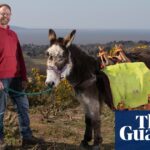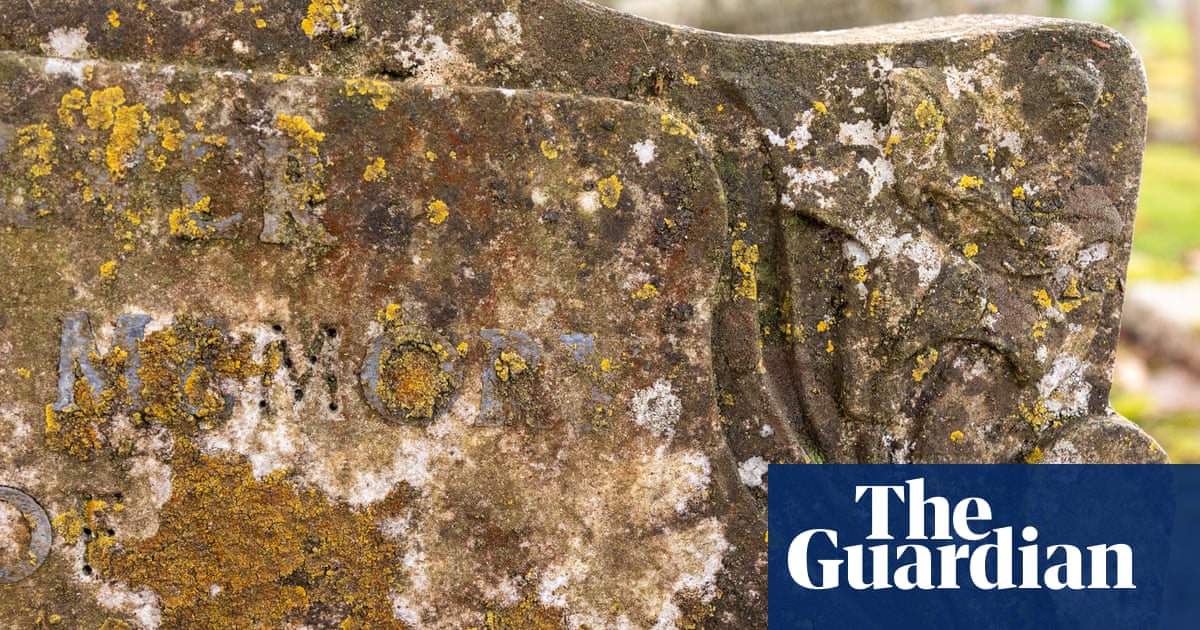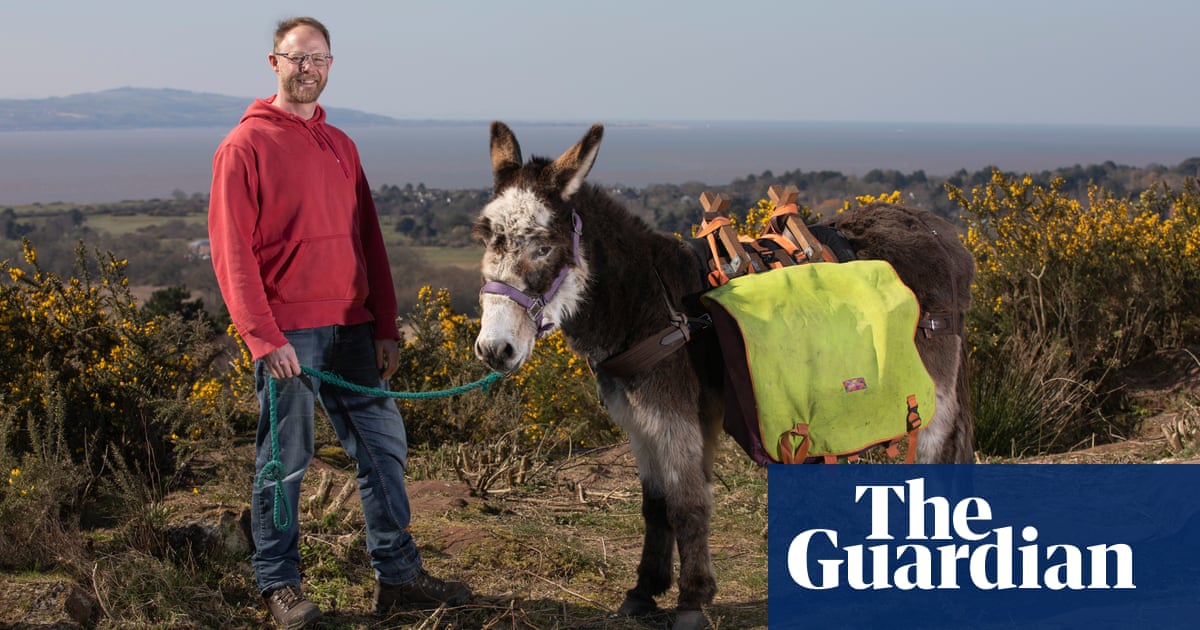A “ten-pound pom” left Glasgow for Australia after the war and never saw her family again. My gran’s little sister occupied an empty space for me until last year, when a couple of enterprising women posted a photograph online that they had taken of a tombstone in a Tasmanian cemetery. It would bring me in touch with a second cousin I never knew existed.
We came with camera to an English churchyard intending to reciprocate across the continents for the Australians, Canadians, Americans and others who request a picture of their own ancestors’ final resting place through Findagrave.com. Success feels like giving a kind of life beyond death, especially when an inscription with character warms the heart. But we had learned from experience not to be too hopeful.
The hallowed ground had thawed in readiness for gales to sweep across that night. Frost, wind and rain are the unholy trinity of graveyards, the elemental breakers and scourers, denying tombstones any hope of immortality. The stones were sitting up, leaning, or toppled over, and not one legible inscription was earlier than late Victorian times, though St George’s is a medieval church.
Lichens and mosses feasted on the alphabet here. Limestone-loving crustose lichens spattered monuments in gold and grey, obscuring and obliterating. Was “Ma-” a Mary or a Margaret? Impervious to irony, a patch of moss on one headstone was eating into the words “In loving memory”. The moss’s absorbent nature allowed it to hold water that would freeze, expand and contract, prising out the individual letters of lead one by one, leaving only the underlying stone-cut inscription and holes where the letters had been pegged in place.
This was one of just two graves we found that would fulfil requests from descendants, so we wanted to do what we could to record it. I scrabbled in natural debris at the front of the stone, retrieved a fallen capital “O” of the departed’s second name and pressed it back into position, a very temporary mounting for a letter than had been tapped in by a mason in 1941. Nothing lasts, they say. Dust to dust.










